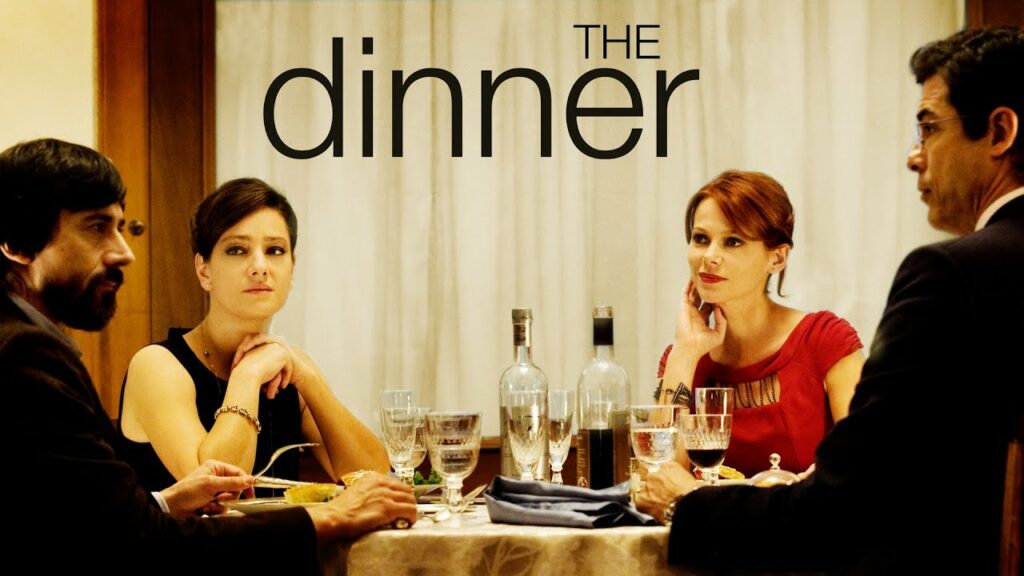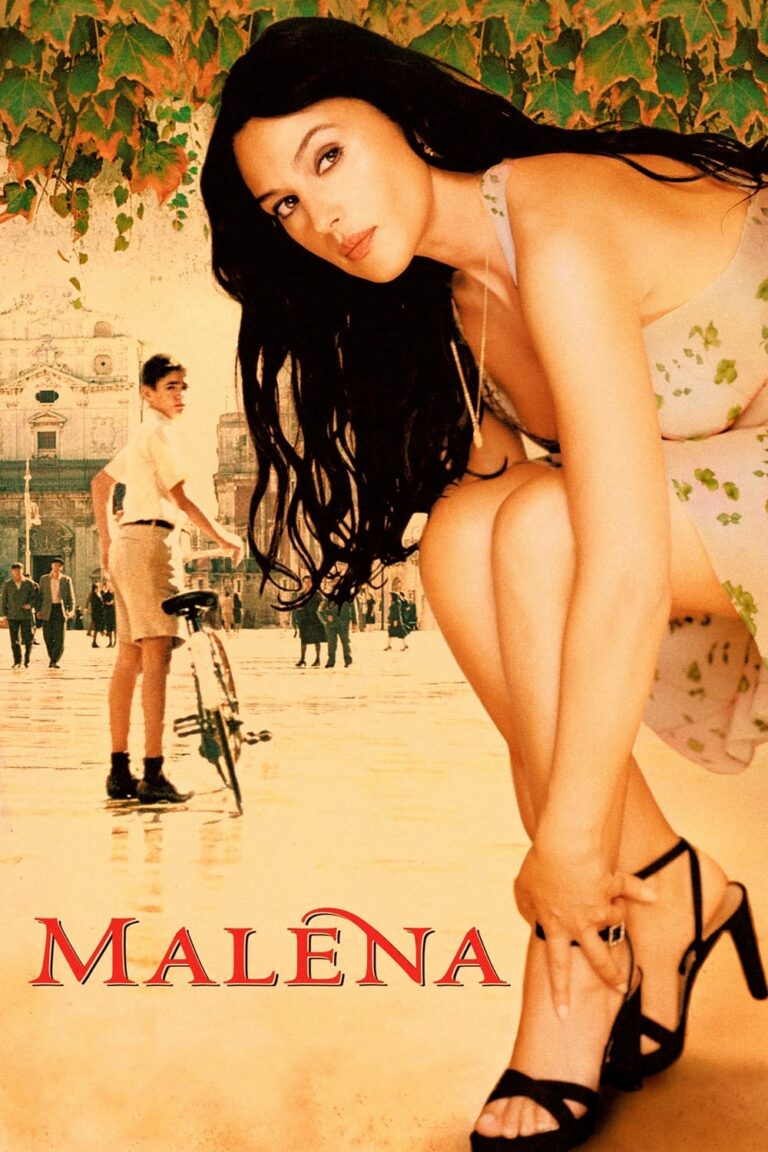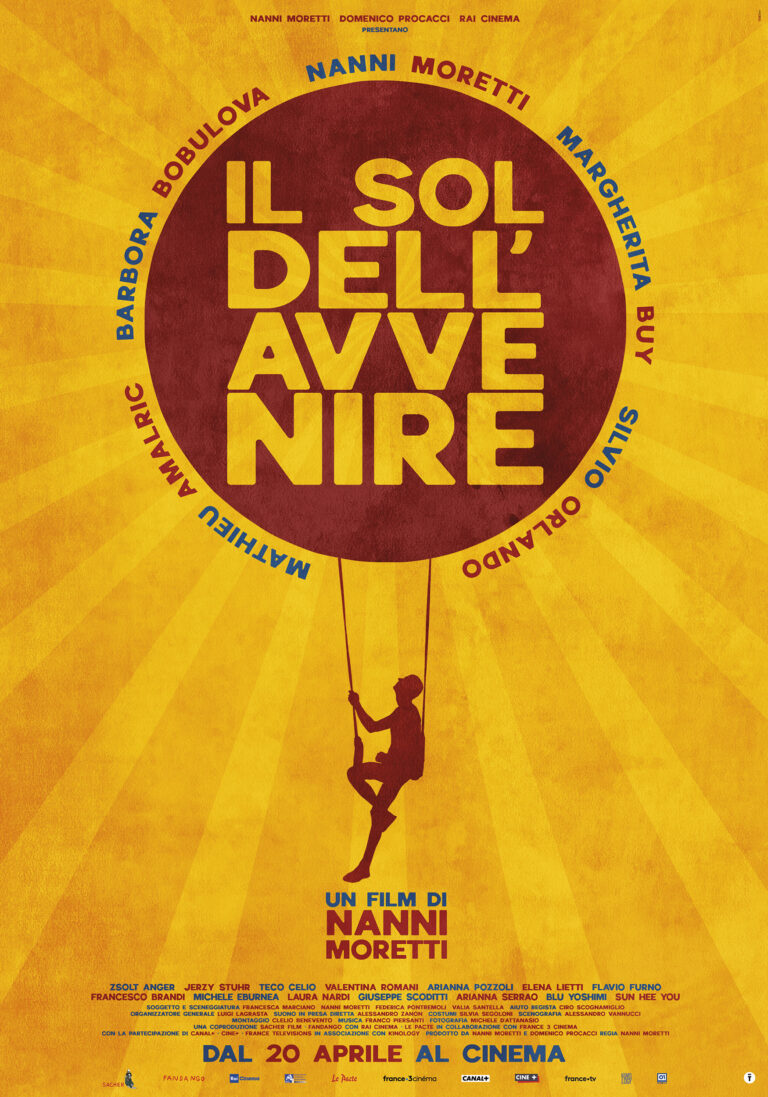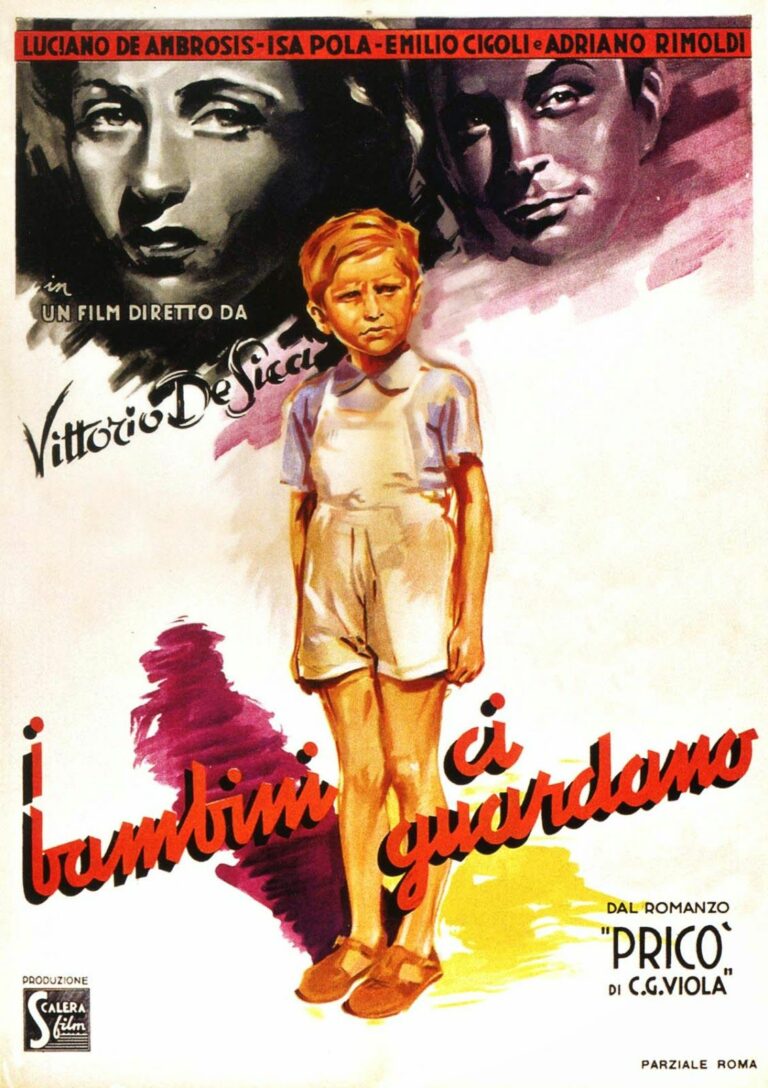
Introduction
The Dinner (I nostri ragazzi) is a gripping Italian film directed by Ivano De Matteo and released in 2014. Based on Herman Koch’s 2009 novel, the film unravels a dark, morally complex narrative centered around two families whose lives intertwine in the most unsettling ways.
Set against the backdrop of contemporary Italian society, The Dinner explores how wealth, privilege, and parental instincts can distort morality. With its mix of drama and suspense, the film delivers a profound social commentary.
The Plot of The Dinner
The story revolves around two brothers, Massimo and Paolo, who lead vastly different lives but share an unshakable bond as family members.
Act 1: Introduction to the Families
Massimo, a wealthy and influential lawyer, lives a life of luxury with his wife, Sofia, and teenage daughter, Benedetta. On the other hand, Paolo, a dedicated pediatrician, maintains a modest life with his wife, Clara, and son, Michele. Despite their differences, the two families meet regularly for dinner at upscale restaurants.
During one such dinner, Massimo and Paolo discuss their work and family lives with apparent normalcy. However, tension simmers beneath the surface, foreshadowing a troubling revelation.
Act 2: A Heinous Crime
The plot escalates when a grainy surveillance video surfaces showing two teenagers brutally assaulting a homeless woman. The perpetrators remain unidentified but appear to match the description of Benedetta and Michele.
When the parents discover the unsettling truth, they grapple with disbelief, anger, and guilt. The crime becomes the focal point of their lives, forcing both families to confront their values and responsibilities.
Act 3: The Moral Dilemma
As the parents struggle to decide whether to turn their children in or protect them, moral ambiguity consumes the characters. Massimo, driven by self-preservation and societal status, prioritizes covering up the crime, while Paolo is torn between his principles and paternal love.
Tensions flare, exposing hidden fractures within each family. Secrets and betrayals emerge as both couples confront uncomfortable truths about themselves.
Act 4: The Ambiguous Resolution
The film concludes with an ambiguous ending that leaves viewers questioning the consequences of moral compromise. The lack of a definitive resolution highlights the complex nature of justice, parenthood, and human behavior.
Character Analysis
Massimo (Alessandro Gassmann)
Massimo embodies the archetype of a privileged, ruthless lawyer who prioritizes family reputation over justice. His cold, calculating demeanor underscores his moral ambiguity.
Paolo (Luigi Lo Cascio)
Paolo serves as a foil to Massimo. As a doctor committed to saving lives, his internal struggle reflects his humanity and conflicted morality.
Clara and Sofia
The mothers’ reactions provide further insight into gender roles, maternal instincts, and the pressures of societal expectations.
Benedetta and Michele
Though their actions are monstrous, their lack of remorse raises troubling questions about generational privilege and moral decay.
Themes in The Dinner
Moral Dilemmas
The film explores the ethical choices parents face when their children commit crimes. Is blood thicker than justice?
Wealth and Privilege
The stark difference in socioeconomic status between the brothers highlights the impact of wealth on morality and decision-making.
Parental Love and Responsibility
The parents’ reactions reveal the lengths to which they’ll go to protect their children, exposing a darker side of love.
Director and Production
Ivano De Matteo brings Koch’s novel to life with sharp storytelling and a keen eye for societal critique. The film’s intimate direction focuses on subtle expressions and silent tensions, amplifying its emotional weight.
Cinematic Techniques
- Cinematography: The film uses muted colors and close-ups to emphasize the characters’ emotional turmoil.
- Sound Design: Silence often dominates key scenes, intensifying suspense and moral discomfort.
- Symbolism: Repeated visuals of dinners symbolize the superficial veneer of family unity.
Cultural and Social Commentary
The film critiques contemporary Italian society, addressing themes such as moral relativism, the corrupting influence of wealth, and generational privilege. It holds up a mirror to society’s failure to hold the powerful accountable.
The Ending Explained
The ambiguous ending deliberately avoids closure, leaving viewers to wrestle with their interpretations. It asks whether justice should prevail over family loyalty and questions the audience’s moral compass.
Critical Reception
Italian Reviews
The Dinner received critical acclaim in Italy for its gripping narrative and thought-provoking themes. Alessandro Gassmann and Luigi Lo Cascio were praised for their powerful performances.
International Reception
International critics applauded the film’s bold exploration of ethics and its ability to resonate across cultures. Some noted its similarities to Michael Haneke’s works, particularly The White Ribbon.
Rotten Tomatoes: 83% approval
IMDB: 7.0/10
Audience Response
Viewers were divided over the film’s ending. While some appreciated its refusal to provide easy answers, others found it frustratingly ambiguous. Nevertheless, The Dinner sparked widespread discussion about parental morality and privilege.
The Dinner vs. Other Adaptations
The Dinner has been adapted multiple times, including a 2017 Hollywood version starring Richard Gere. De Matteo’s adaptation stands out for its authenticity and nuanced portrayal of Italian culture.
Key Takeaways
- Moral dilemmas have no easy answers.
- Wealth and privilege distort justice.
- Parental love can lead to devastating compromises.
Why You Should Watch The Dinner
- It delivers a gripping, morally challenging narrative.
- The performances are stellar and emotionally raw.
- It raises questions that linger long after the credits roll.
FAQs About The Dinner
- What is The Dinner about?
It’s about two families confronting a moral dilemma after their children commit a violent crime. - Is The Dinner based on a novel?
Yes, it’s based on Herman Koch’s novel The Dinner. - What makes the ending ambiguous?
The film doesn’t reveal whether justice prevails, leaving it open to interpretation. - Who directed The Dinner?
Ivano De Matteo directed the film. - How does the film critique society?
It exposes the corrupting influence of privilege and the moral failings of modern families. - Where can I watch The Dinner?
The film is available on streaming platforms and DVD.
Conclusion
The Dinner is a masterful Italian drama that challenges audiences to confront unsettling truths about morality, privilege, and family loyalty. With outstanding performances and a haunting narrative, it remains a standout in contemporary European cinema.






